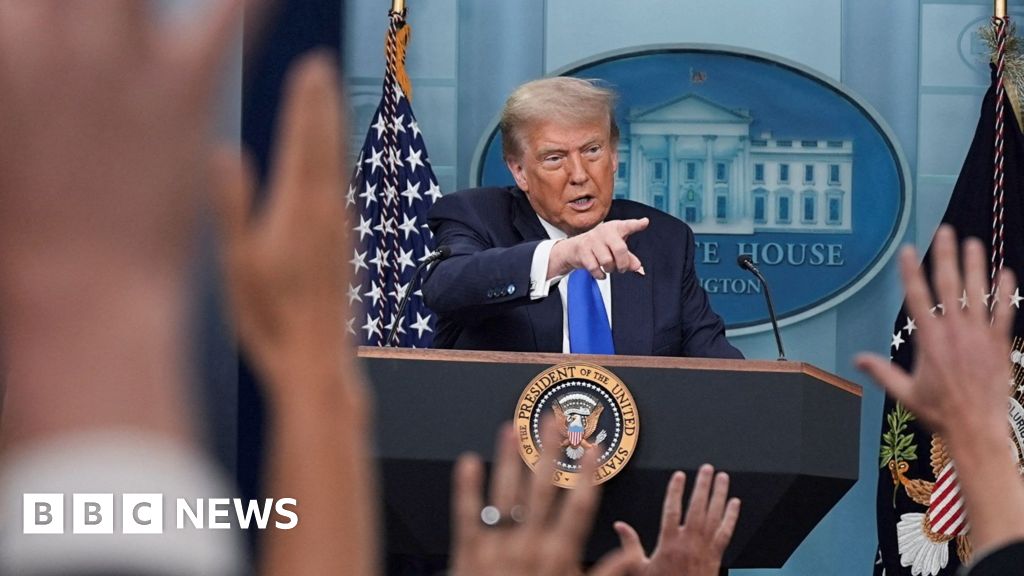Understanding Digital Payments in Zimbabwe: PayPal and Crypto
Zimbabwe has experienced a dynamic shift in digital finance in recent years. The surge in inflation, unstable currency policies, and limited access to traditional banking systems have pushed individuals and businesses to explore alternative payment platforms. The need for cross-border payments, remote working, and e-commerce has made services like PayPal and cryptocurrency more appealing. As global commerce grows increasingly digital, Zimbabweans are navigating ways to participate in this space using innovative tools beyond conventional banking.
To open a PayPal account in Zimbabwe, users need a valid email address, national ID, and a Zimbabwean-issued Visa or Mastercard. PayPal offers both Personal and Business account options. Personal accounts are suitable for individual use—such as online shopping—while Business accounts support transactions for registered companies.
Click here for a detailed and easier guide to opening your PayPal account.
Despite being accessible, PayPal’s functionality in Zimbabwe is limited. Users can send payments using linked cards, but they cannot receive funds directly into their PayPal accounts. This restricts freelancers, and small exporters from receiving foreign payments easily. Furthermore, PayPal accounts in Zimbabwe operate in foreign currency, typically USD, with no option to transact in ZIG, which complicates local integration.
Zimbabweans can use PayPal for making international purchases from platforms like Amazon, Netflix, Coursera, or Apple Music. Linking a bank-issued Visa or Mastercard—especially from local banks like FBC, NMB, or BancABC—enables successful payments. These cards must be enabled for international transactions. PayPal is also used for educational purposes such as paying for online courses, registration fees, and professional memberships.
One major hurdle is the inability to withdraw PayPal funds locally. Since Zimbabwe is not supported for PayPal withdrawals, users rely on third-party agents like FlipCash or regional bank accounts in South Africa to access their money.
Cryptocurrency refers to digital currencies secured by blockchain technology. Popular coins in Zimbabwe include Bitcoin (BTC), Ethereum (ETH), and stablecoins like USDT (Tether). Many citizens use crypto as a hedge against inflation and for cross-border payments. However, the Reserve Bank of Zimbabwe (RBZ) has maintained a cautious stance, banning banks from dealing in crypto while allowing individuals to trade at their own risk.
Zimbabweans can begin by setting up a digital wallet using apps like Trust Wallet or MetaMask. Trading platforms such as Binance, Paxful, and Local Bitcoins are popular due to their ease of access and peer-to-peer models. Users must complete KYC (Know Your Customer) verification to comply with platform policies.
If you are facing any challenges, Click here and chat with a specialist.
Wallets can be funded using mobile money (like EcoCash through reputable intermediaries like FlipCash). Many Zimbabweans buy crypto using USD cash via P2P sellers.
Some tech-savvy merchants in Zimbabwe now accept crypto for payment, especially USDT and Bitcoin. Freelancers also receive payment in crypto for online services. Stablecoins are increasingly used to preserve value in an inflation-prone environment. Crypto offers a practical solution for paying for international services and remittances.
The process of making international payments is tiresome and therefore many Zimbabweans use established intermediaries like FlipCash.
To convert crypto to local cash, most users rely on P2P trading platforms. Crypto-to-cash agents offer this service, though at varying rates and commissions. There are risks involved, including scams and the lack of legal protections. Regulatory uncertainty adds another layer of complexity, especially when converting large sums.
Click here to contact a reliable agent to withdraw your crypto.
Zimbabwe’s regulatory environment for digital finance remains evolving. The RBZ has warned against cryptocurrency but has not criminalized individual use. There is growing interest in formalizing crypto trade, especially following the introduction of gold-backed digital tokens and the ZiG currency. For PayPal, a full-service rollout, including receiving and withdrawing funds, would significantly empower freelancers and online traders.
Digital payment systems like PayPal and cryptocurrency offer Zimbabweans new avenues to participate in global commerce. However, limitations in withdrawal, regulation, and infrastructure still pose challenges. With proper awareness, Zimbabweans can navigate these tools effectively, promoting greater financial inclusion and resilience in a rapidly digitalising economy.










